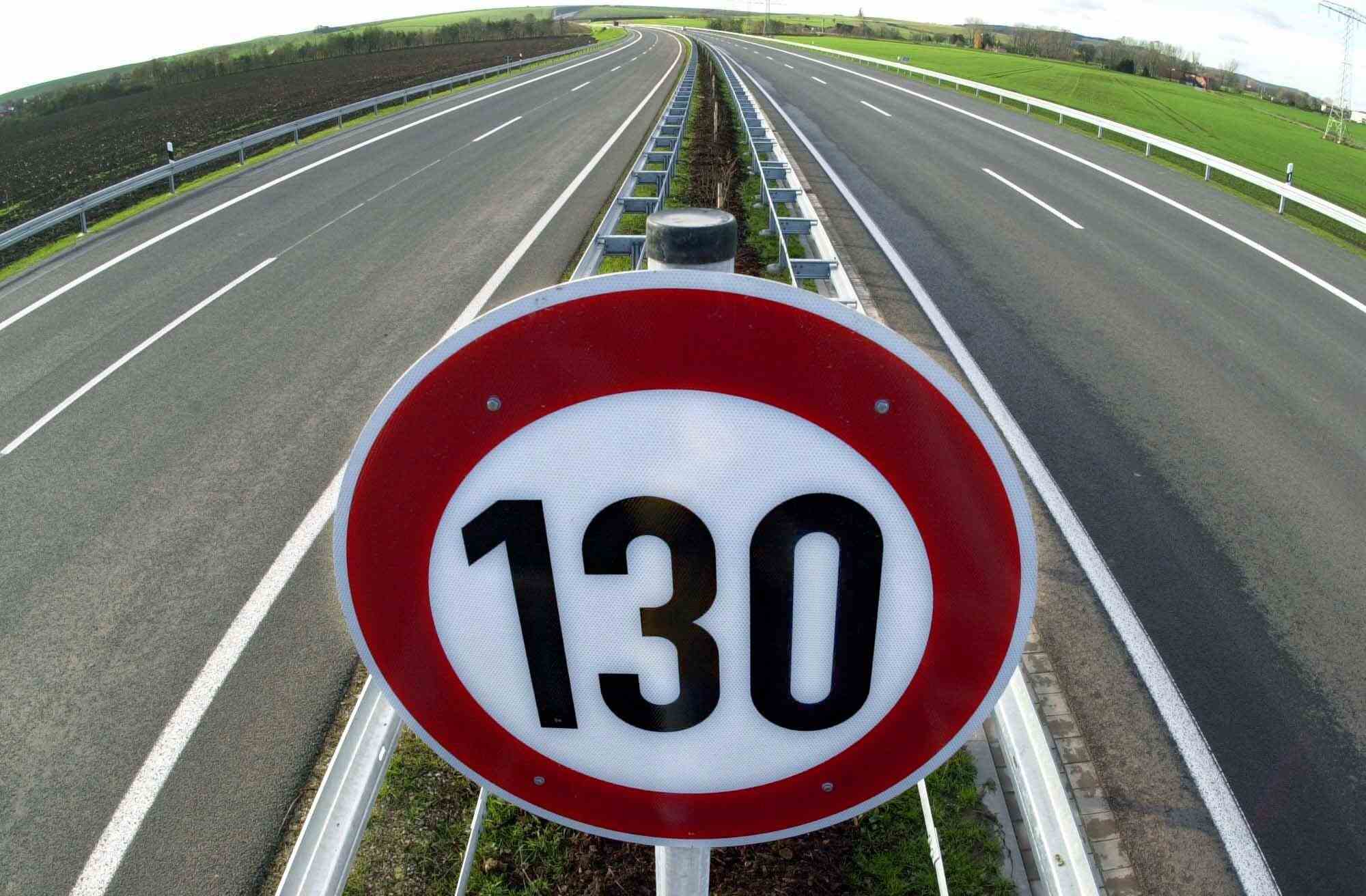Status: 05/13/2022 5:50 p.m
The conference of environment ministers of the federal states is committed to a motorway speed limit. In view of the Ukraine war, one could reduce the dependency on fuel imports – and at the same time reduce pollutant and noise emissions.
At their conference in Wilhelmshaven, the environment ministers of the federal states spoke out in favor of a speed limit on motorways. “We also have to promote climate protection through a speed limit,” said the chairman of the conference, Lower Saxony’s Environment Minister Olaf Lies. It is true that Bavaria and North Rhine-Westphalia noted in a memorandum that they considered the effect of a speed limit to be limited and did not support it “for reasons of proportionality”. According to the SPD politician, the decision was taken unanimously with the votes of these two federal states.
The countries also justified the demand with the need to save energy in view of the war in Ukraine. The speed limit would be “an inexpensive, quickly implementable and immediately effective measure” to reduce fuel consumption and dependence on imports, the decision said. At the same time, greenhouse gas, pollutant and noise emissions would be reduced.
There had never been such a vote by the ministers before. A height of the required speed limit was not mentioned in the decision. Read favored Tempo 130. The measure could initially be introduced for a limited period during the “ongoing conflict”.
At the latest in view of the war in Ukraine, there is an urgent need to rethink, said Lies. “In my view, unlimited racing no longer fits in with the times.” Now is the time for more thrift and careful use of resources.
Limit the use of biofuel by law
With their decision, the ministers of the federal states went against the position of the federal government: the traffic light coalition had not included the demand for a speed limit in its coalition agreement, mainly because of the resistance of the FDP.
At the same time, the state ministers, together with Federal Environment Minister Steffi Lemke, spoke out in favor of limiting the use of biofuel from cultivated plants by changing the law. In Germany alone, 2.4 million tons of feed and food are used to produce bioethanol as a fuel additive. 175 million tons of grain ended up in the tank worldwide. That corresponds to nine percent of the world grain harvest. “We want plates instead of tanks,” said Lies. “I think it would be wiser if we use the land to grow food.”
German environmental aid welcomes speed limit decision
Lemke said the war in Ukraine shows the vulnerability of the supply of food and raw materials. “Agrofuels from food and feed can no longer be a solution at a time when we are threatened with one of the worst global hunger crises.” The fields would be needed worldwide to produce food. “That’s why we need to scale back the use of agrofuels from food and feed crops.” Lemke wants to make a proposal for a change in the law as soon as possible.
The Federal Managing Director of the German Environmental Aid, Jürgen Resch, welcomed the decision of the Environment Ministers’ Conference for a speed limit. This was “absolutely correct and overdue,” explained Resch. “We are pleased that all environment ministers are supporting our call for a temporary speed limit.”

